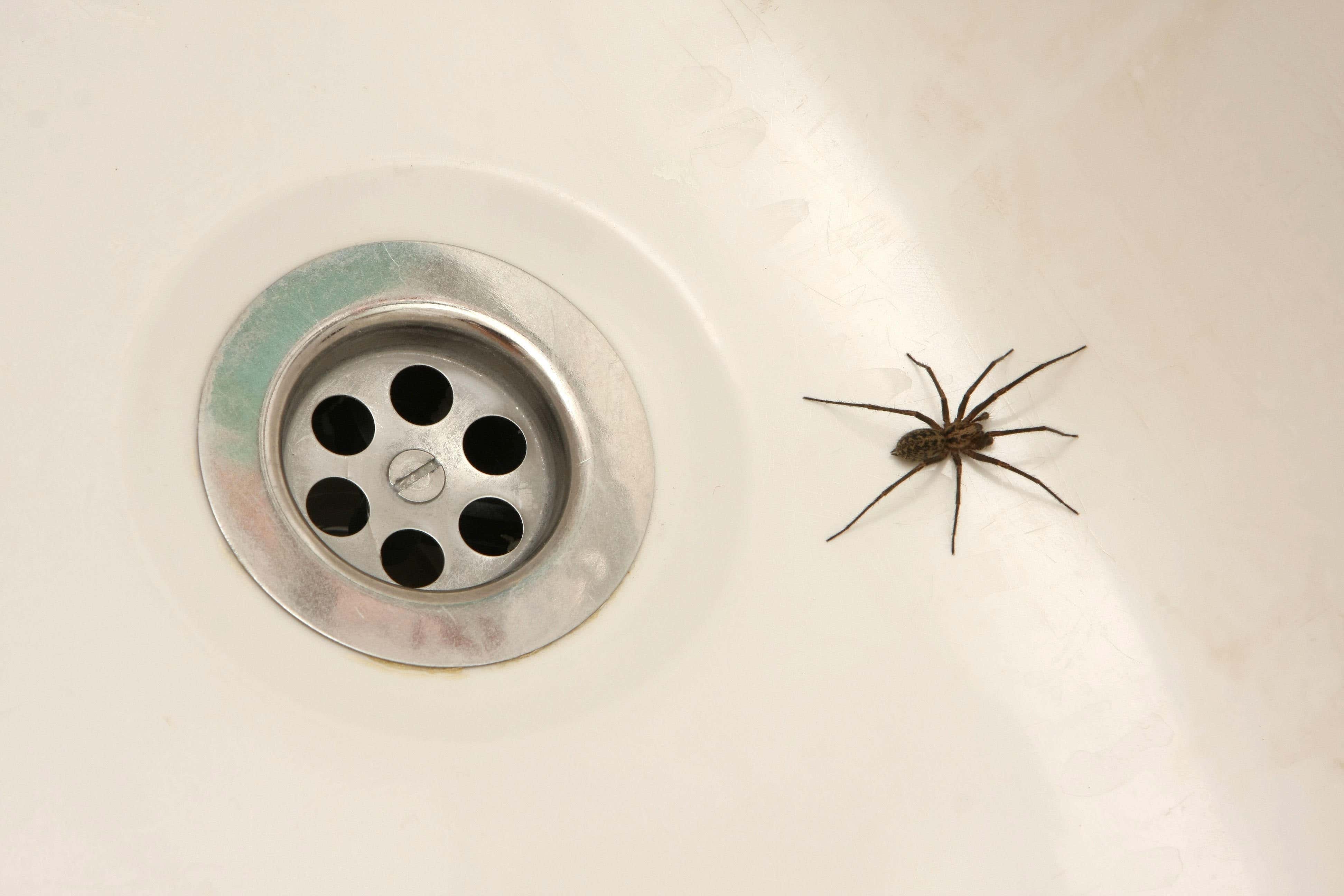September is here - which means the end of summer, the start of colder weather and thinking about Halloween. But that also means... more spiders. Or does it?
Nature experts have revealed why many Britons might be seeing a greater number of spiders in their homes at this time of year.
Spider identification expert Stuart Hine said people typically see spiders in autumn because that is when many of the male species reach adulthood, and search for a female to mate with.
As a result, “spider season” in the UK typically starts at the end of August and goes on until mid-October or November.
House spiders are most commonly male because they tend to be out searching for a mate by entering through windows, doors and drain pipes.

Warm weather conditions can contribute to more spider sightings because people tend to keep their doors and windows open longer which allows male spiders to wander in.
Mr Hine said: “They aren't bigger, and there aren't really more of them. What we can say is that because of the weather and our windows and doors remaining open, there are more observations of some of the larger species that enter our homes.”
The UK recorded its warmest spring on record this year and its driest in more than 50 years, according to the Met Office.
Mr Hine explained a warm and dry autumn is an ideal season for male spiders to find love because they have longer to roam around rather than hiding away from the rain in a dry garage or attic.
“The kindest thing anyone can do is let them outside. They are only looking for one thing, and that's the lady spider,” Mr Hine added.
But Dr David Gee, a zoology lecturer from the University of Derby told the BBC that this year, the spiders have matured earlier and producing more offspring.
He said: "As a function of global warming - and we're seeing our environment changing - you do find more and more species, not just spiders, but insects and other species, actually moving further north.”
Meg Skinner from the British Arachnological Society told Yahoo News that spiders in the UK are “not medically significant and do not represent a risk to humans, although some people may have allergic reactions to spider bites, like a bee sting”.
She also reassured people that "spiders do not readily bite and will only do so if they feel threatened, like bees – for example, if we sit on them”.
The idea that conkers keep spiders away from the home is a myth and has been debunked, as there is not enough evidence to suggest that horse chestnuts repel spiders.
Spiders are not a threat to horse chestnuts because they do not eat them or lay eggs in them, and therefore the trees do not need to produce a chemical which deters spiders.
More rain to lash UK after Met Office issues weather warning with flood threat
Silicon Valley’s weirdest idea is back on the agenda
Wildfires are blazing across Africa – but leaders like Trump are turning away
One million children in working families to be hit by two-child benefit cap
M60 police incident sees motorway delays of up to two hours
Figures reveal how much state pension is set to rise by next year







